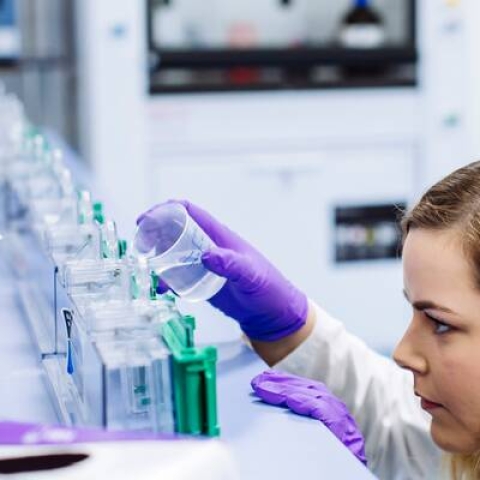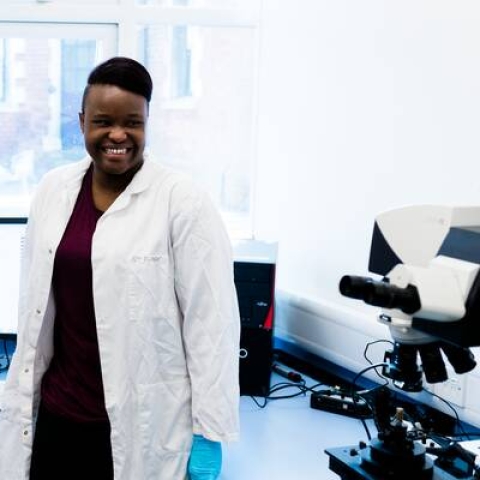
This career guide is designed to help University of Portsmouth students and recent graduates explore job options, key employers, and entry routes into the biomedical science field, as well as the wide range of career options open to you.
Employment opportunities for Biomedical Science students are varied. Whilst some will pursue a career as a biomedical scientist, this degree will also prepare you for opportunities both within and outside of the scientific sector.
Getting started in biomedical science
Take the first steps to researching a career with a biomedical science degree.

Gaining experience in biomedical science
Find out how to gain work experience in the industry during your studies.

Finding a job in biomedical science
Explore different ways you can secure employment after your graduate.







